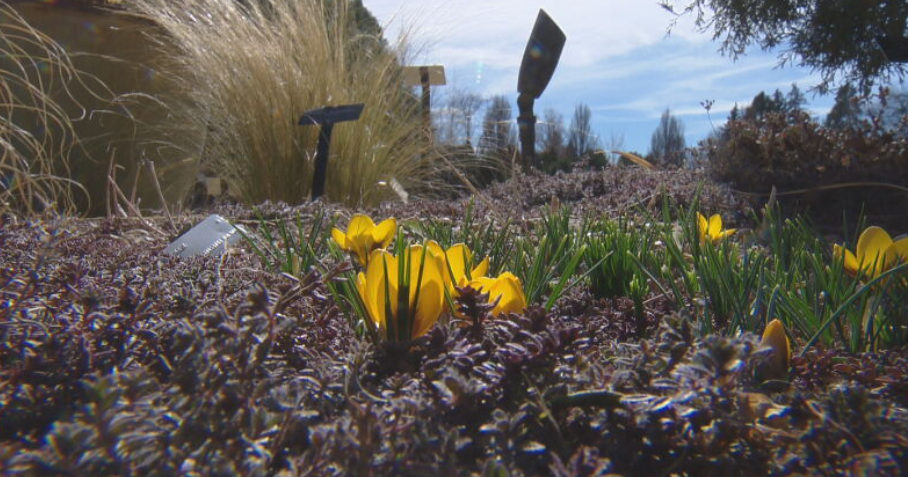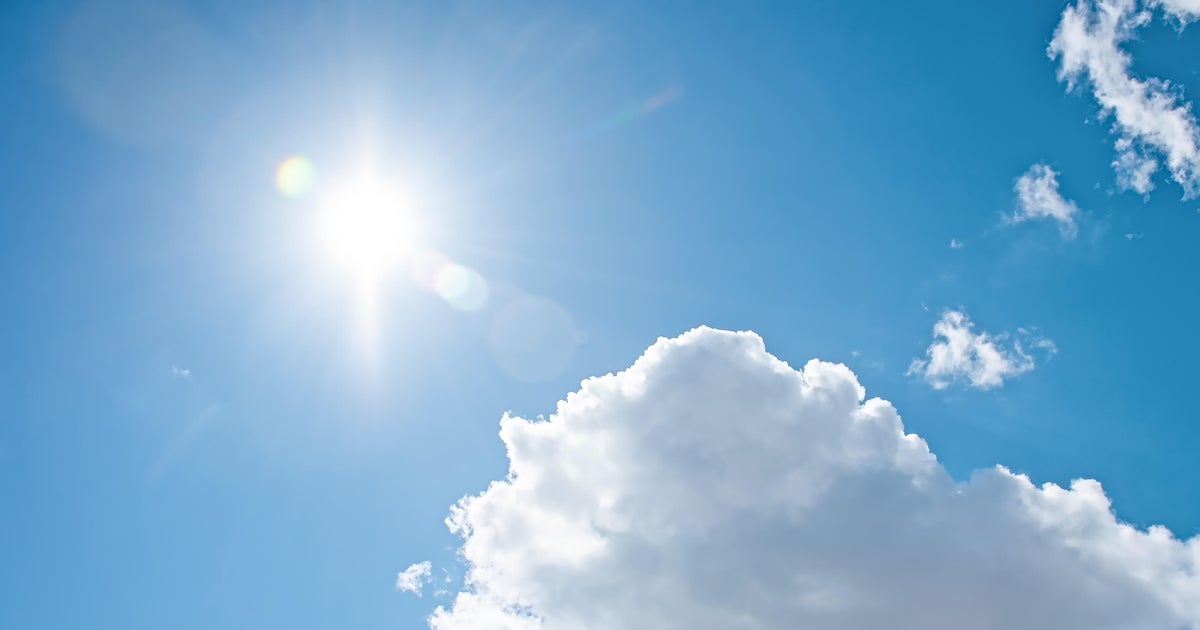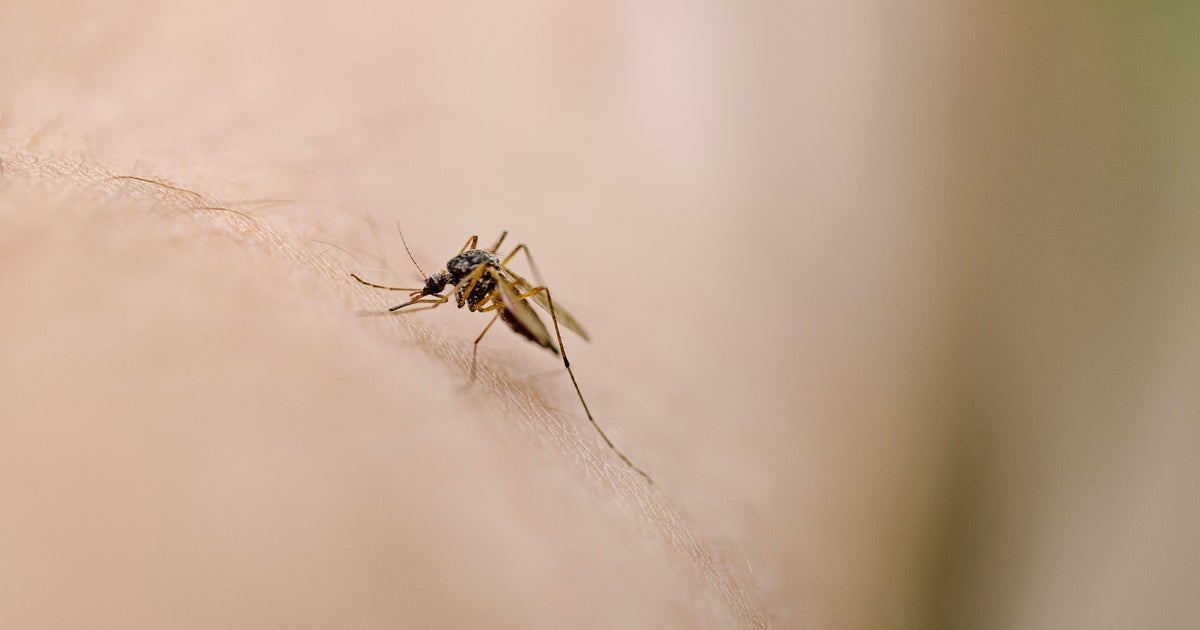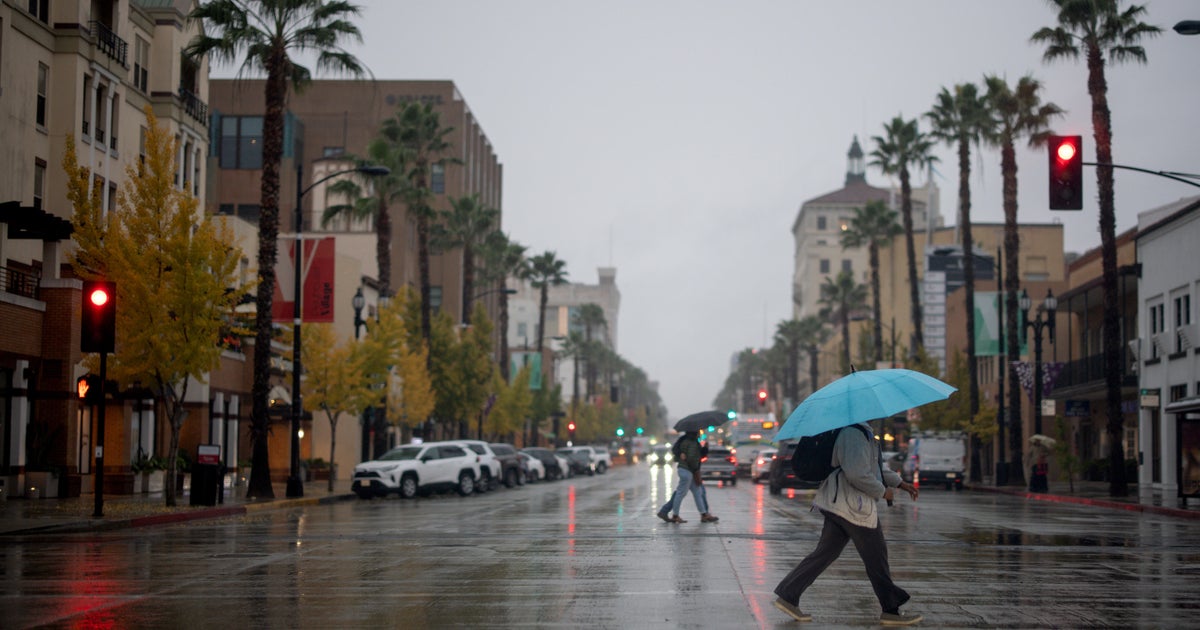Scientists track how shifts in Chicago weather affect local plant life
CHICAGO (CBS) – Anyone who stepped outside on Tuesday may have noticed a big warmup. Chicago was about 20 degrees warmer than average for this time of year.
Scientists are watching how the shifts affect local plant life, and orchids, which are on display at the Chicago Botanic Garden, hold special significance.
Researchers explained to CBS 2 the science behind their orchid conservation efforts.
Their research happens in nearly every corner of the Chicago Botanic Garden. In the seed bank, workers were collecting specimens.
"The seeds are really tiny," said Dave Sollenberger, seed bank manager. "Those little dark things there, tiny, tiny."
They're smaller than a grain of rice, but still many multiples larger than what one would find at the neighboring orchidarium, where the seeds look like particles of dust.
"It is surprising in the Great Lakes how many orchids we have and how little we know," said Director of Conservation Jeremie Fant.
Fant leads conservation efforts with a plant that's hard to collect and that's very sensitive to change.
"For the most part, they have very specific needs," he said. "And those specific needs are very unique. So they're a good indicator of a good, healthy ecosystem because it has all the needs they can get."
That vulnerability is what makes orchids such a good indicator of environmental change, a canary in the coal mine for ecological shifts.
The researchers are watching the 50 species of orchids that are native to Chicago. They're also watching out-of-state types, but also what people consume, like the non-native Vanilla, which is in the orchid family. It's a crop worth an estimated $1.1 billion globally.
Some of the garden's orchids collection is on display at the Chicago Botanic Garden, contributing to the annual orchid show, even if guests are not aware of the larger implications of the research.
"No, I was not aware of that," said Lockport resident Dawn Porrey. "So that's something new. I'm always looking forward to learning something new."
Conservationists hope what visitors learn will be used to return more native orchids to Chicago ecosystems.
Chicago's native orchids begin blooming as early as April, but experts say if you see one, please leave it in place. It's highly unlikely transplanted native orchids would survive indoors.
The Orchid Show runs through March 24.







